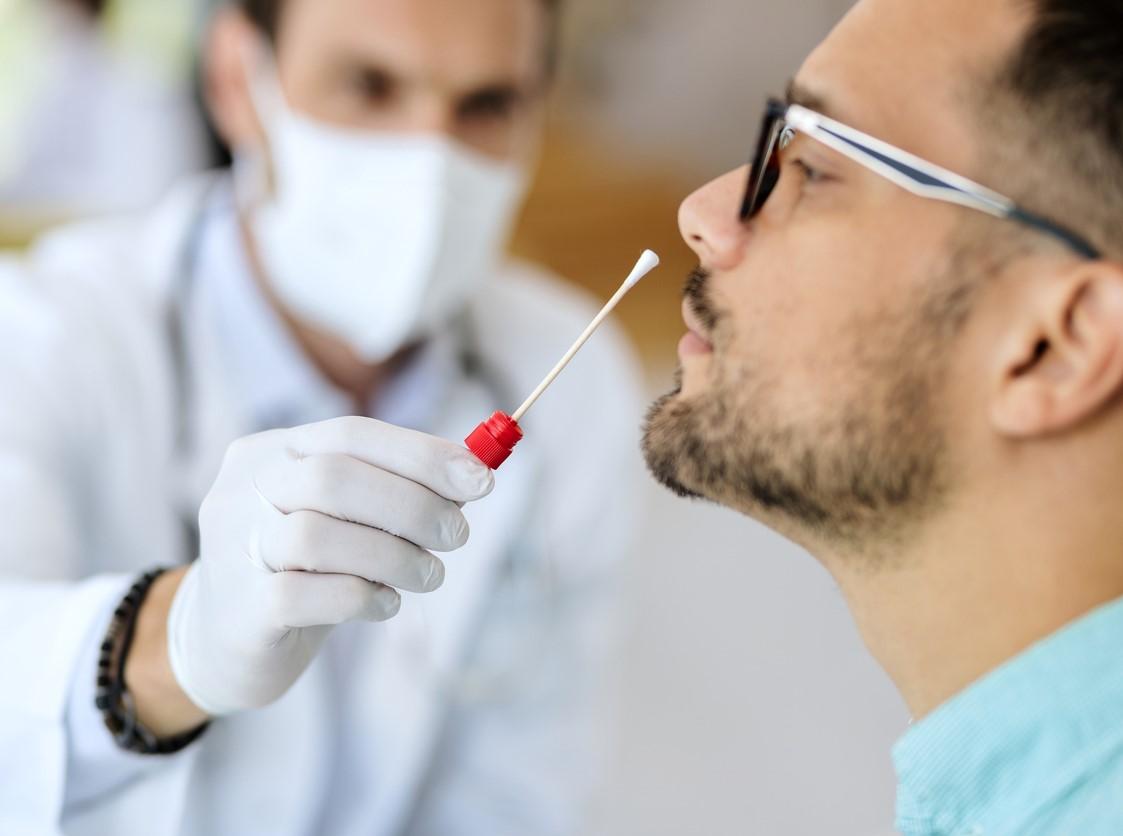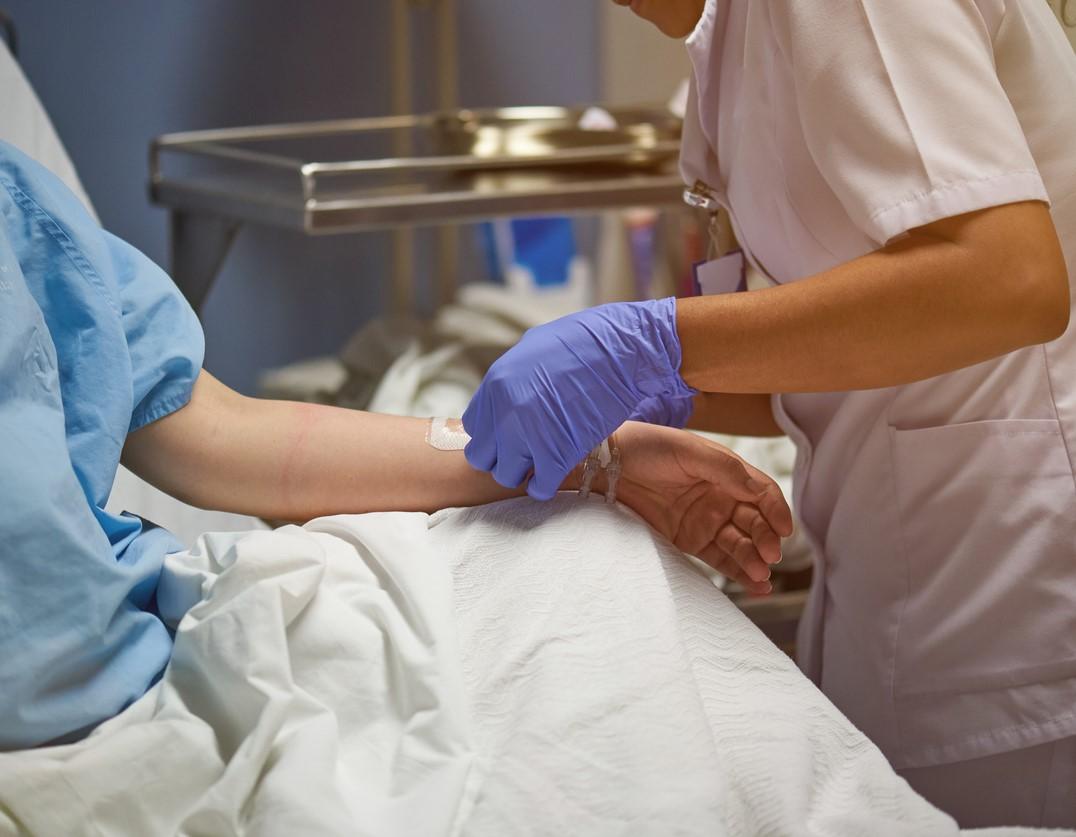
Involving a new research tool named FlowBEAT, a study in Science Translational Medicine links self-targeting antibodies in the airways and nose to milder cases of COVID-19 and more efficient recovery in patients, which means a nasal swab could help predict disease severity.
The study is based on findings from 125 participants with varying levels of COVID-19 (from mild to severe) for up 2 years. The participants who had mild to moderate courses of illness had higher levels of autoantibodies in the nose.
Nasal autoantibodies play new role
The finding is counterintuitive, the authors explained: Previous studies have shown autoantibodies in the blood of a COVID-19 patient are a sign of more significant infection. But nasal autoantibodies had not been studied.
The nasal autoantibodies showed up soon after infection, targeting an important inflammatory molecule produced by the patient's cells.
"The nasal autoantibodies showed up soon after infection, targeting an important inflammatory molecule produced by the patient's cells," said senior author Eliver Ghosn, PhD, from the Lowance Center for Human Immunology and Emory Vaccine Center, in a press release from Emory Health Sciences. "While autoantibodies in the blood were linked to bad prognosis, producing them only in the nose soon after infection is linked to efficient recovery."
The authors explained that the nasal autoantibodies likely latched on to viral molecules, preventing excessive inflammation, and helping the body return to homeostasis (healing) after infection.
The authors said they will next use the FlowBEAT technology to study nasal autoantibodies during other viral infections.













